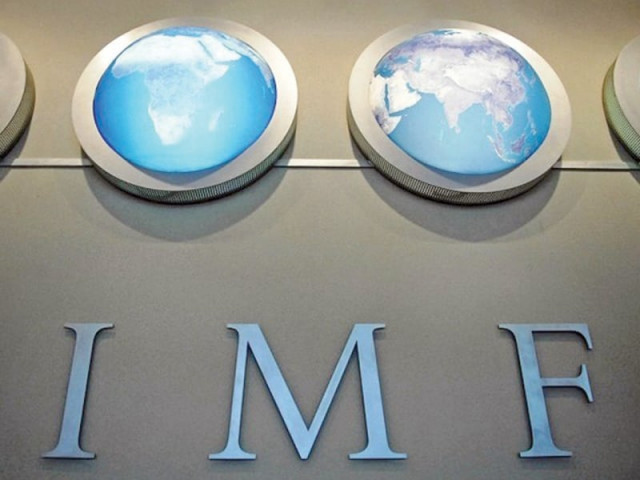$6.7b IMF bailout: If needed, Pakistan may introduce mini-budget
The objective IMF mentions is keeping the budget deficit equal to 4.8% of the country’s GDP or Rs1.398 trillion.

In a bid to keep the $6.7 billion bailout programme afloat, Pakistan has assured the International Monetary Fund (IMF) that it will introduce a mini-budget and slow down development spending to create a cushion of Rs145 billion in case problems arise in delivering the budget deficit target.
“To help ensure programme targets can be met, the [Pakistani] authorities have identified several contingency measures that can be implemented if the expected fiscal adjustment begins to fall short of the objective,” an IMF report revealed on Monday.

The objective IMF mentions is keeping the budget deficit – the gap between income and expenses – equal to 4.8% of the country’s GDP or Rs1.398 trillion. This is lower by 0.1% of the GDP – or Rs32 billion – than the target approved by Parliament.
According to the written assurance, the government, on the revenue side, plans to eliminate statutory regulatory orders (SROs) in fiscal year 2015-16 if tax revenues fall below the level envisaged in the programme. For 2015-16, the government has already given an SRO-elimination plan that promises slating the orders equivalent to 0.3% of the GDP or Rs81 billion at the current size of the economy.
These Rs81 billion measures will be over and above the Rs231 billion net new taxes that the government imposed from July 1. For the new fiscal, the government has set a Rs2.81 trillion tax target that many, including the Federal Board of Revenue (FBR), privately admits is unachievable.

“The chances of a mini-budget are high as FBR cannot collect more than Rs2.6 to Rs2.65 trillion in this fiscal year … this is what I told the finance minister before the finalisation of the budget,” said Dr Ashfaque Hasan Khan, a renowned economist and member of the Economic Advisory Council.
“On the expenditure side, we will again reduce expenditure allocations in the first nine months of the year compared to the budget to create a reserve against any shortfall,” Finance Minister Ishaq Dar assured the IMF. This policy is consistent with a contingency plan that the government adopted in the previous financial year, which led to a severe under-spending on the development side.
Pakistan has assured that these measures could yield savings amounting to 0.5% of the GDP or Rs145 billion. “In any case, we stand ready to take compensatory measures as needed, including adjustment on the revenue side, to reach our fiscal target,” the finance minister told the IMF.
According to independent economists, such policies are anti-growth and will adversely affect the current fiscal year’s economic growth rate target of 5.1%. Apparently, the IMF doesn’t trust the government will achieve this target. “For FY2014-15, the economy is forecast to expand by around 4%,” the international lender noted in its report.
New surcharge
Pakistan has also assured the IMF that it will slap a new surcharge on electricity consumers to recover the circular debt if the National Electric Power Regulatory Authority (NEPRA) rejected its plan to recover circular debt from consumers by increasing tariffs. The report puts the total circular debt at Rs500 billion.
New conditions
The IMF has imposed four new conditions on Pakistan after the government showed reluctance in reforming some of the critical areas. These conditions, known as structural benchmarks, are steps to give real operational independence to the State Bank (SBP).
The second new condition is filling vacancies in the NEPRA board by end of current month. The third condition is offering minority shares in UBL and PPL to domestic and international investors, which has been met.
Published in The Express Tribune, July 8th, 2014.



















COMMENTS
Comments are moderated and generally will be posted if they are on-topic and not abusive.
For more information, please see our Comments FAQ